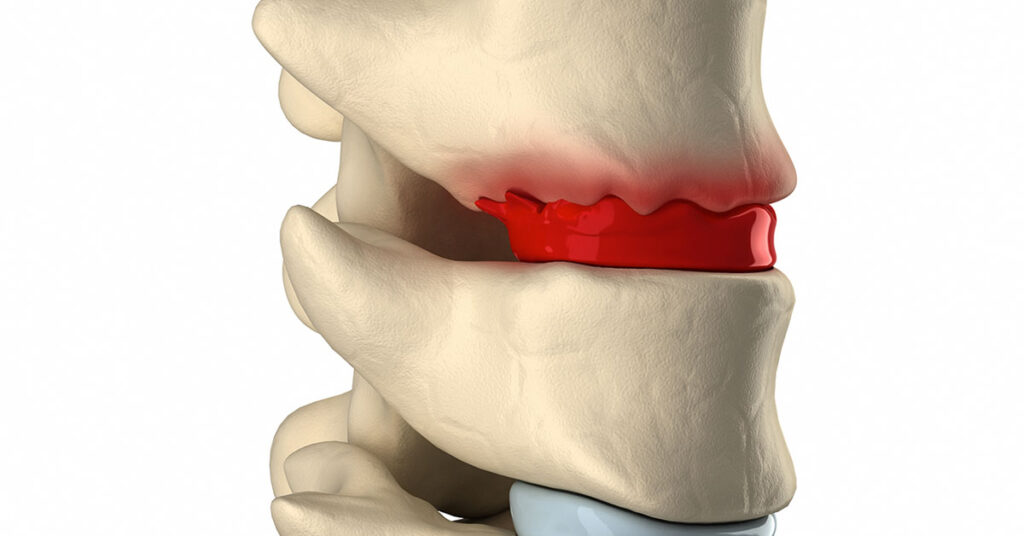
Degenerative Disc Disease (DDD) is a condition characterized by the gradual breakdown of intervertebral discs in the spine. These discs act as shock absorbers between vertebrae, providing flexibility. With age or injuries, discs may lose fluid, elasticity, and height, leading to stiffness, pain, and reduced mobility. DDD is a natural part of aging, but genetic factors, smoking, and excessive spinal loading can accelerate it. Common symptoms include chronic back or neck pain, tingling, and weakness. While there is no cure, management involves exercise, physical therapy, pain medications, and in severe cases, surgical intervention to alleviate symptoms.
Symptoms
Degenerative Disc Disease (DDD) symptoms include chronic back or neck pain, which may worsen with movement. Pain might radiate to the buttocks or legs. Stiffness, muscle spasms, tingling, and weakness are common. Symptoms vary, but DDD can impact daily activities, leading to reduced mobility and overall discomfort.
Causes
Degenerative Disc Disease (DDD) is primarily caused by age-related wear and tear on intervertebral discs, leading to their gradual breakdown. Genetic predisposition, smoking, and excessive spinal loading can accelerate the degeneration process. The loss of disc elasticity, height, and fluid contributes to pain, stiffness, and reduced spinal flexibility.
Rehabilitation
Rehabilitation for Degenerative Disc Disease (DDD) involves a multifaceted approach to manage symptoms. It includes targeted exercises to strengthen supporting muscles, improve flexibility, and promote spinal stability. Physical therapy, pain management strategies, and lifestyle modifications, such as maintaining a healthy weight and proper posture, play crucial roles in enhancing overall well-being.
Degenerative Disc Disease F&Q
Degenerative Disc Disease is a condition characterized by the gradual breakdown of intervertebral discs in the spine, leading to pain, stiffness, and reduced mobility.
Common symptoms include chronic back or neck pain, radiating pain to the buttocks or legs, stiffness, muscle spasms, tingling, and weakness.
DDD is primarily caused by age-related wear and tear on intervertebral discs, with genetic factors, smoking, and excessive spinal loading accelerating the degeneration process.
Diagnosis involves a clinical evaluation, imaging studies (X-rays, MRI), and a review of medical history to identify symptoms and assess the condition of the intervertebral discs.
Rehabilitation includes exercises to strengthen supporting muscles, improve flexibility, and promote spinal stability. Physical therapy, pain management, and lifestyle modifications contribute to overall well-being.
There is no cure for DDD, but management strategies, including exercise, physical therapy, pain medications, and in severe cases, surgery, can alleviate symptoms and improve the quality of life.